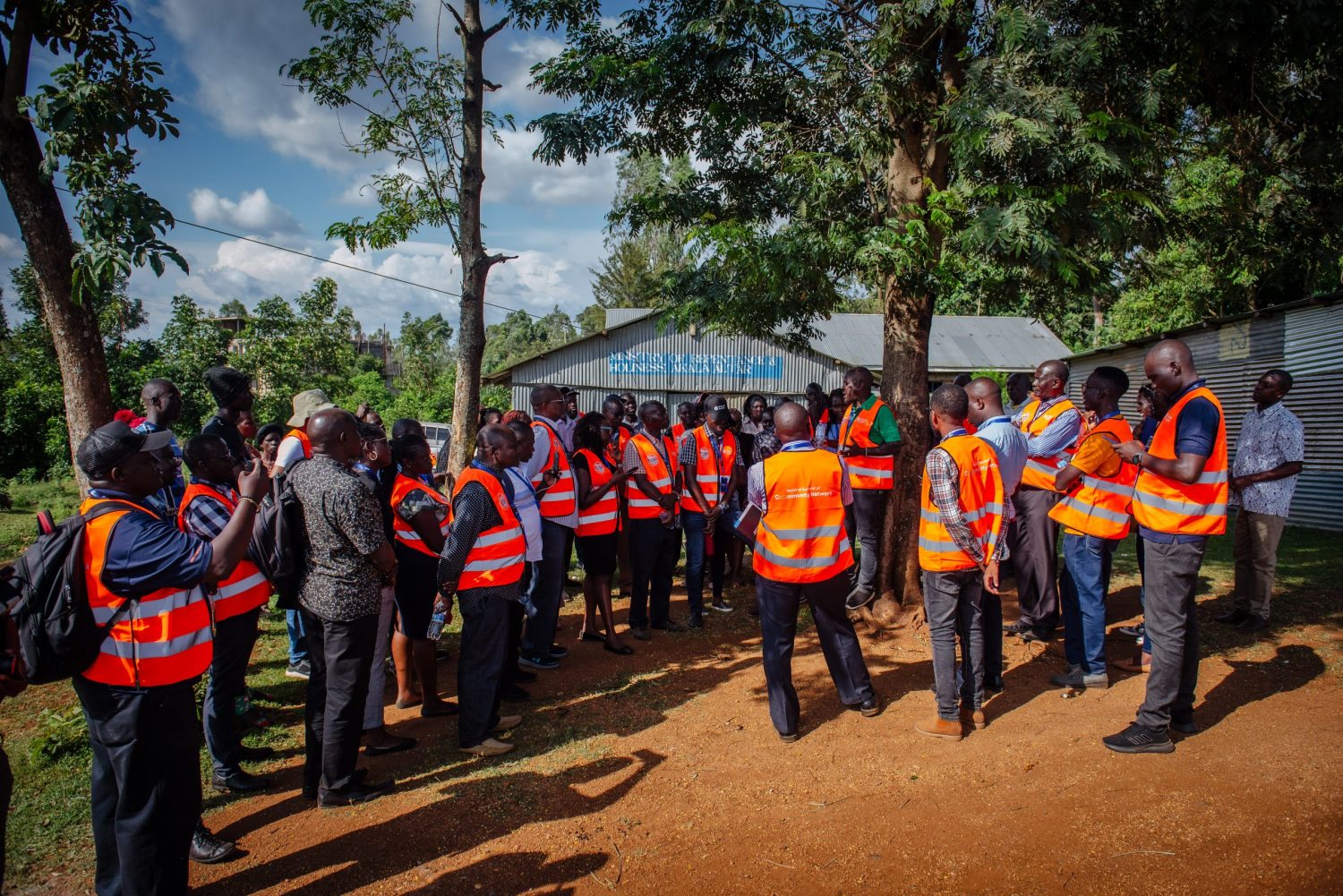Stakeholders from across sectors gathered at the inaugural National Summit of Community Networks
in Kenya to explore how community networks can help realize Kenya’s digital aspirations. KICTANet Trustee, Barrack Otieno, reminded attendees that, with only 23% internet access nationwide, there is still much work to be done in connecting rural communities.
For Community networks to operate legally and sustainably, they should obtain a community network service provider licence. In collaboration with its partners, KICTANet developed a licensing framework that aims to support grassroots infrastructure, especially in rural areas lacking traditional internet access.
Innovative Solutions
The summit highlighted the dual challenges of tree cover decline and lack of connectivity in many areas. However, community networks present innovative solutions, such as using existing trees to mount wireless equipment and establish point-to-point links without cutting trees down. Such grassroots initiatives can play a vital role in expanding access.
Organizing practical sessions and bringing in equipment vendors also helped demonstrate what technology options suit different circumstances. If implemented widely, community networks have the potential to transform lives in rural villages by providing access to services and opportunities that could keep more Kenyans from having to leave their communities in search of work.
Handling Data In Community Networks
The Principal Data Protection Officer of the Kisumu Regional Office, Edmond Wandera encouraged Community Network members to register as data controllers with the ODPC’s (Office of the Data Protection Commissioner) assistance if needed.
However, registration alone does not guarantee adherence – controllers must follow all principles of data protection. Kenyans have gained increased awareness of how their information should be handled, due to capacity-building initiatives by stakeholders like KICTANet.
One of the key issues covered was the need to handle personal data that is collected from individuals properly. Personal data rightfully belongs to individuals rather than organizations and should not be abused. Regulations are now in place to prevent misuse and ensure data is only collected and used appropriately.
The Data Protection Act 2019 states that for any processing deemed “high risk” due to its nature or scale, data protection impact assessments are mandatory. These evaluations help ensure personal data is managed securely, and that its privacy impacts are minimized.
Opportunities for Community Networks and Stakeholders
There is a lot of emphasis on working with stakeholders to enhance spectrum allocation and connectivity. While infrastructure has expanded, there are still barriers around relevant local content and the uptake of services.
An important point of discussion was that we must understand how technologies impact citizens’ daily lives, not just the technologies themselves. AI, data, and blockchain offer opportunities, but how can they be applied to improve services for Community Networks in a scalable way?
There is an opportunity for Community Networks to engage county governments, highlight the benefits they provide, and develop clear value propositions.
Speakers also stressed the importance of sustainable social enterprise models and identifying champions to advocate for digital inclusion policies.
This is part of a series of blogs on the Inaugural National Summit of Community Networks in Kenya, compiled by the KICTANet’s Digital Accessibility Program implementing Community Networks project fostering the inclusion of persons with disabilities into Community Networks.
![]()




